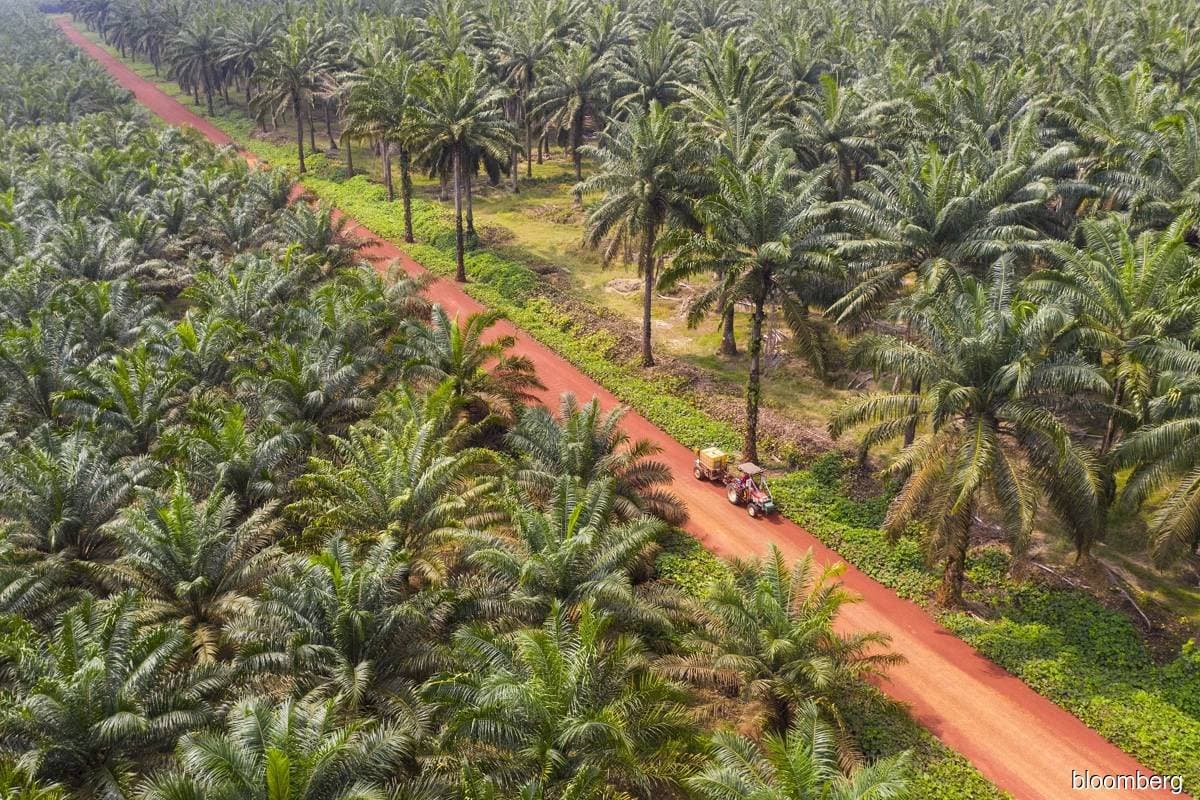
KUALA LUMPUR (Oct 23): The Malaysian Estate Owners Association (MEOA) is appealing to the Sabah government to review the standard operating procedures (SOPs) put in place for the palm oil industry, as they are likely to adversely impact the state's production of the vegetable oil.
In a statement, the association said the new SOPs would impact 1.54 million hectares of oil palm-planted areas in the state, involving 220,000 employees excluding dependents, 132 palm oil mills, 12 palm kernel plants and 11 refineries.
"The sector is committed to continuing adhering strictly to the present SOPs already in place to mitigate Covid-19," it said.
"Any new SOPs can lead to a misplaced and lost social-economic opportunity because the commodity palm oil sector is currently one of the very few economic sectors that can keep the economic wheel running for the state amid the current challenging pandemic times, with its spin-off multiplying effects in surrounding communities throughout Sabah, for all planters and especially for smallholders," it added.
On Tuesday, the Sabah government announced that businesses involved in the oil palm sector may only have half of their workforce present if they employ over 10 workers. In addition, it would also limit working time to 12 hours, from 6am to 6pm.
Upstream oil palm plantations — including smallholders and estates — and mid-stream palm oil mills, as well as downstream players such as refineries and other supporting services including transportation services would be affected by the new SOPs.
Addressing the cap on how many workers can be present at any one time, the MEOA said that the distance between one oil palm tree to the next oil palm tree is around 9m, more than the 1m mandated under the current social-distancing rules.
The labour-to-land ratio for oil palm cultivation in Sabah is one worker to 7ha.
The association appealed to the Sabah government to waive the cap as the industry lacks skilled workers and said all available workers should be allowed to work to better manage the fallout of Covid-19.
Meanwhile, MEOA said the 12-hour window on mill operations is insufficient as milling operations require daily start-ups and shutdowns that will inevitably eat into the time allotted.
The association also expected massive backlogs and long queues at palm oil mills due to the higher crop season in the state, warning that a reduced processing capacity could leave crops rotting in the fields and unsellable palm oil and kernels.
"The perishable nature of crops will have disastrous consequences to the growers, especially the numerous smallholders in Sabah. In view of this, MEOA would like to appeal to the state government to extend the permissible working and processing hours of palm oil mills from the stipulated 12-hour day of 6am to 6pm to the usual hours per day in order to cope with the surge of crop to be processed," the MEOA said.
The association explained that crude palm oil (CPO) prices are now hovering close to RM3,000 a tonne, which means growers are able to start recouping earlier losses due to depressed CPO prices and crop losses caused by Covid-19 restrictions.
There is also the risk of Sabah not being able to collect sales taxes from oil palm planters amid the currently elevated CPO prices, it said.
MEOA estimated that the state could collect up to RM1 billion in tax revenue from the industry, assuming that CPO prices average RM2,700 a tonne this year and production levels are on par with the five million tonnes produced last year.